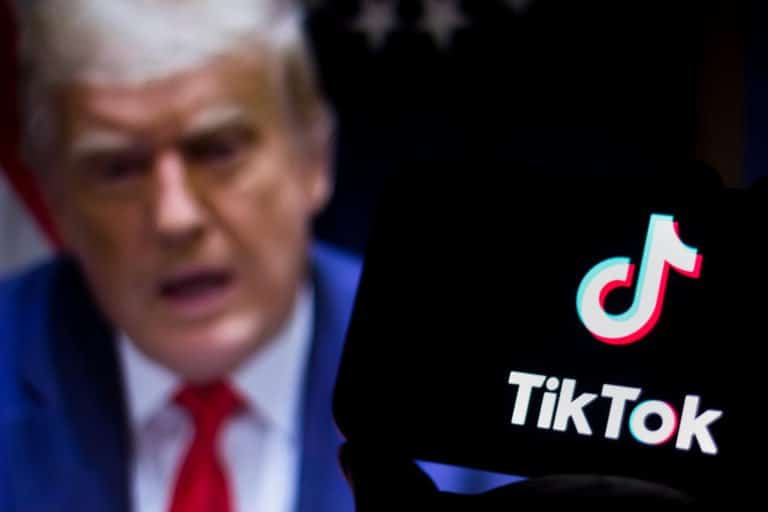TikTok files a lawsuit against the U.S. government of President Trump. The company calls Trump’s decree banning TikTok a way to fuel anti-Chinese rhetoric on the eve of the new presidential elections in the United States.
The American branch of TikTok, as well as its Chinese parent company ByteDance, rejects the American government’s perception that the popular video app is a danger to national security. The company claims that they have taken extensive measures to ensure the privacy and security of U.S. user data.
According to the company, President Trump’s decree on August 6th to ban TikTok is part of his campaign to fuel Anti-Chinese rhetoric prior to the American presidential elections on November 3rd. In a blog post, TikTok announces that they do not take the lawsuit against the U.S. government lightly, “but with the Executive Order threatening to bring a ban on our U.S. operations, we simply have no choice.”
Violated constitutional rights
TikTok and ByteDance aim to obstruct the decree of August 6. They claim that the decree violates their constitutional rights to due process as they have not been able to respond to the accusations before banning the app. Besides, Trump allegedly does not have the proper legal authority to ban TikTok as he has abused the International Emergency Economic Powers Act. This allows the president to regulate international trade during a national emergency.
1500 employees in the US
Patrick Ryan, technical program manager at TikTok, also sues the Trump government. He is afraid that 1500 employees of TikTok in the United States, including himself, will lose their jobs if the video app is banned. Many employees also use a working permit. According to Ryan’s lawyer, Trump’s decree is full of “unconstitutional vagueness” and TikTok employees have the right to due process.
Meanwhile, negotiations for a potential acquisition of the American branch of TikTok continue. In addition to Microsoft, Twitter and Oracle are now also interested in integrating the popular video service.
